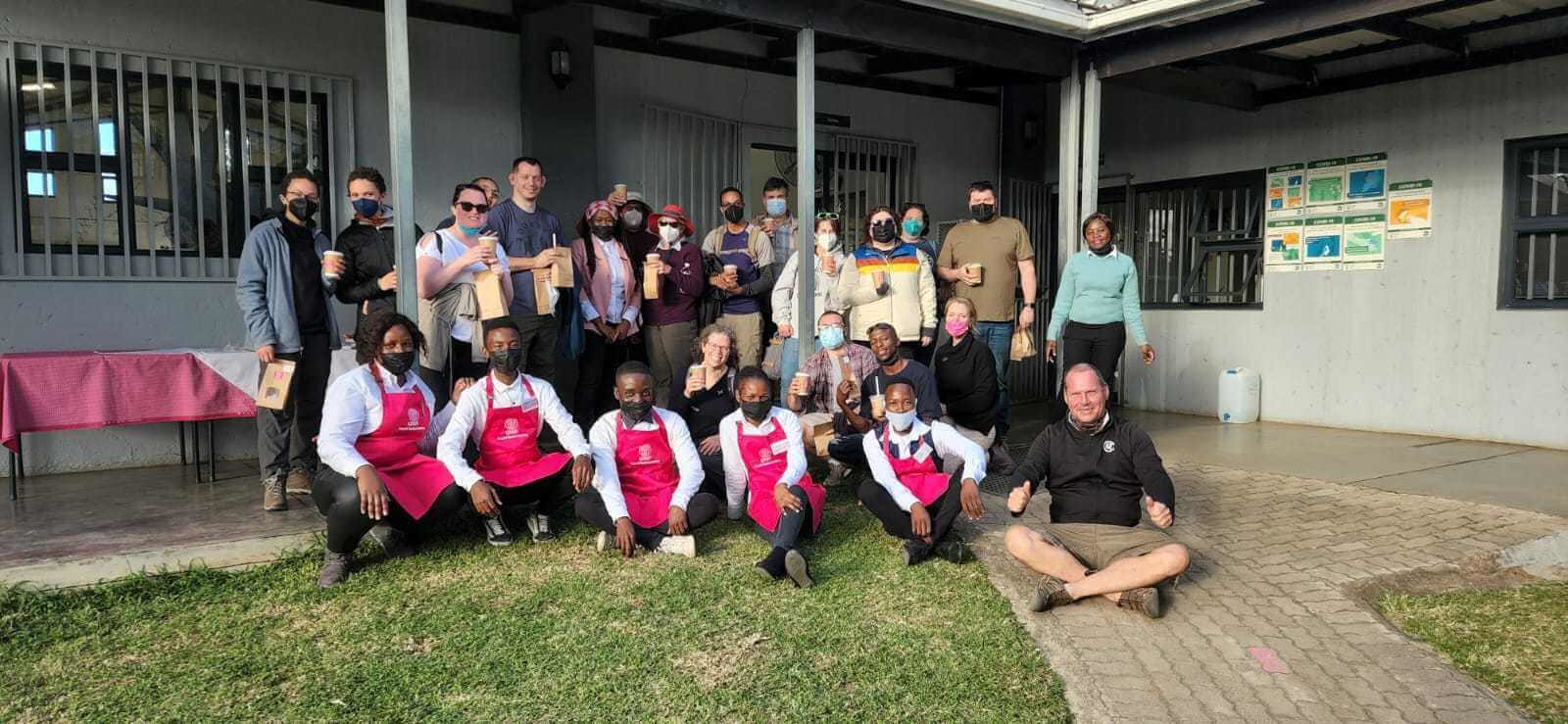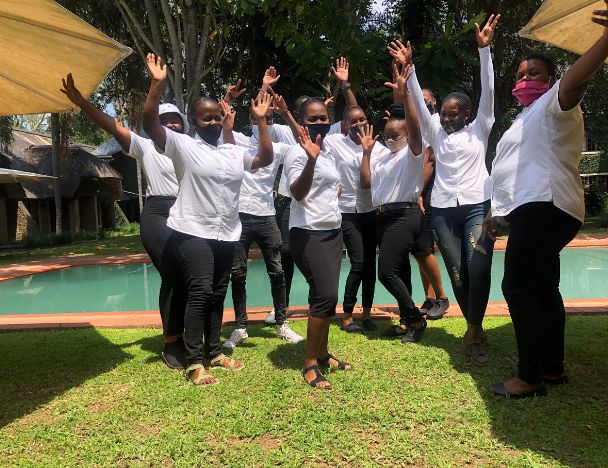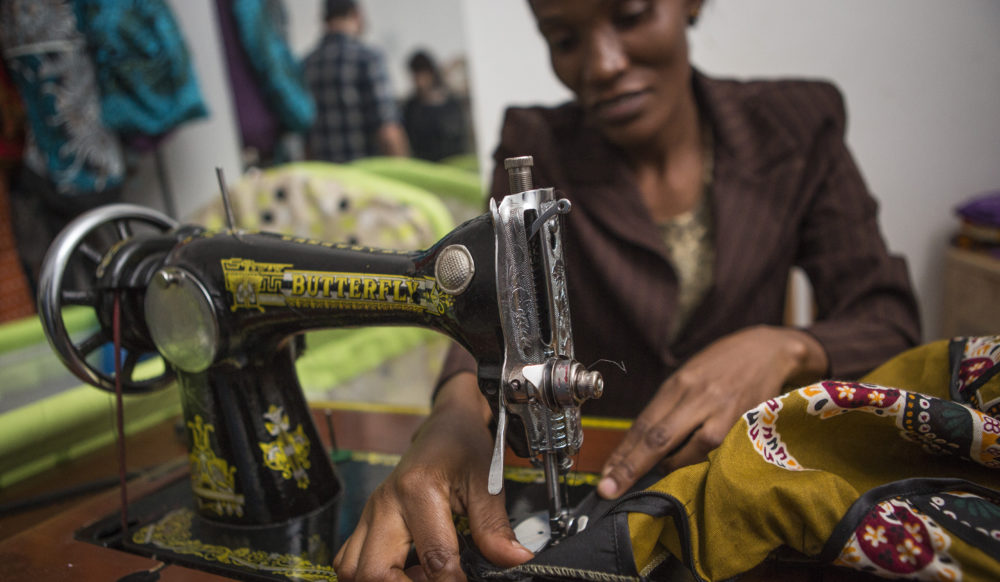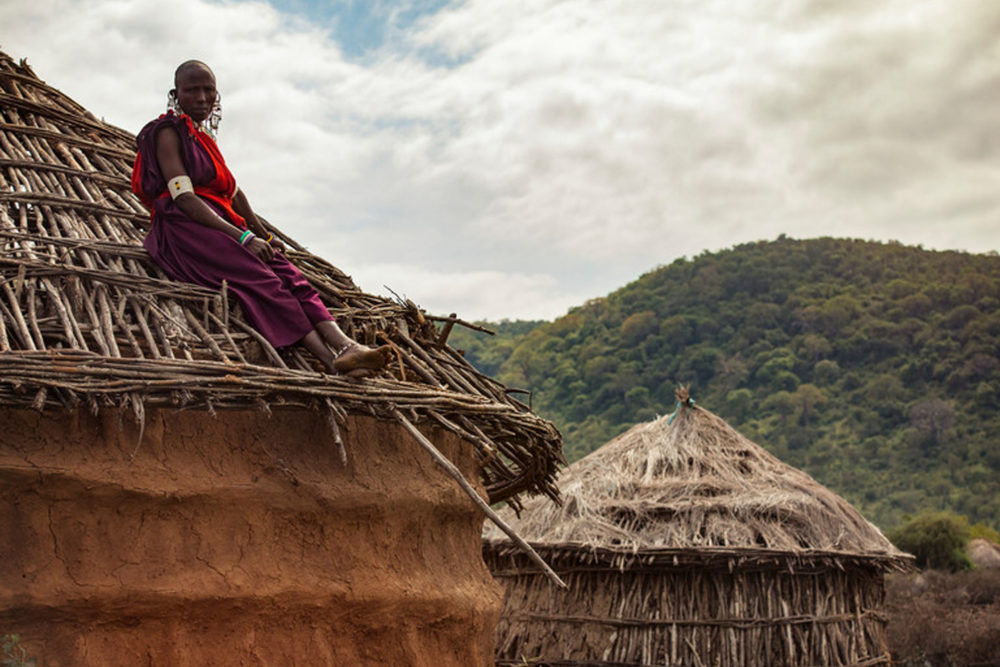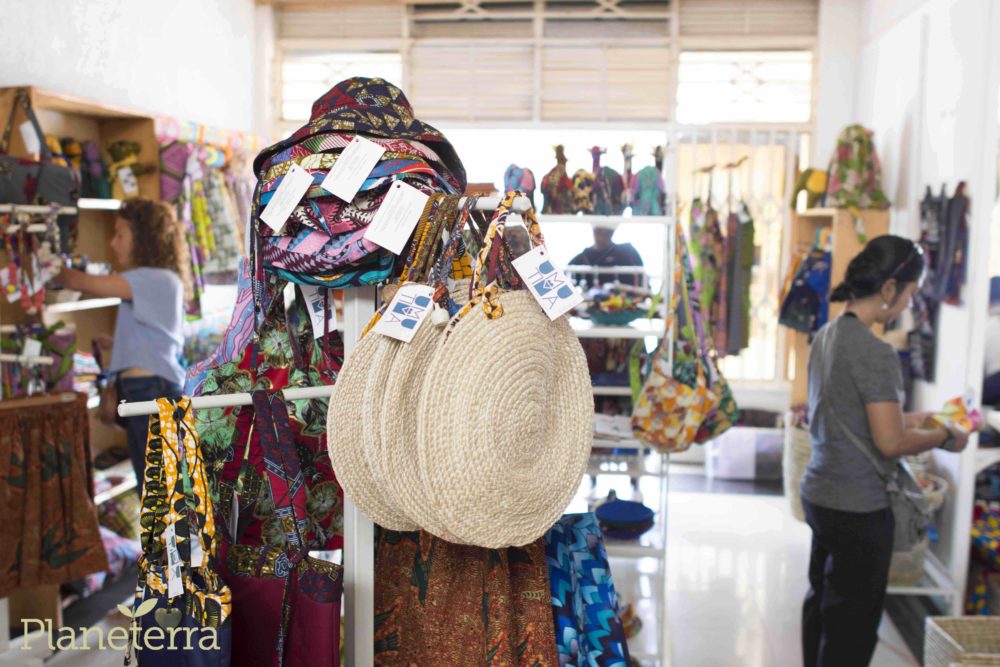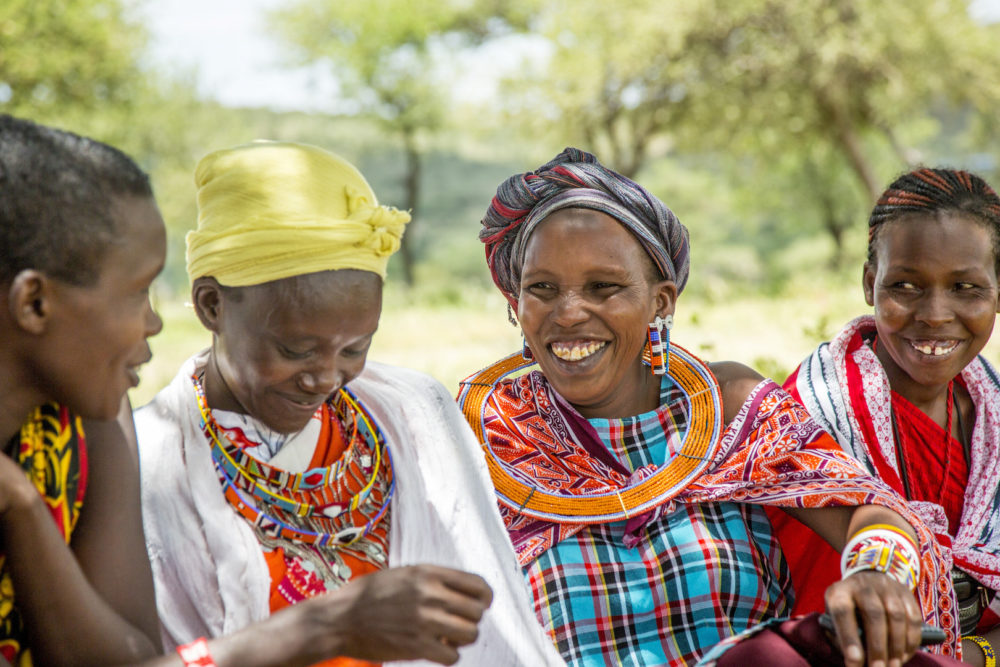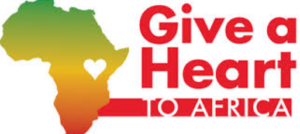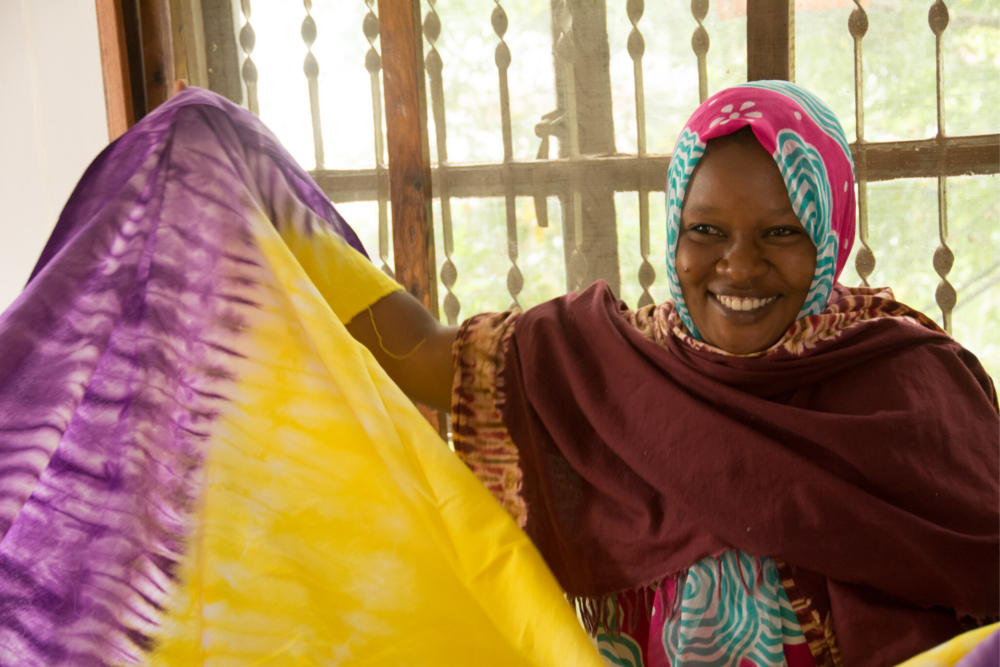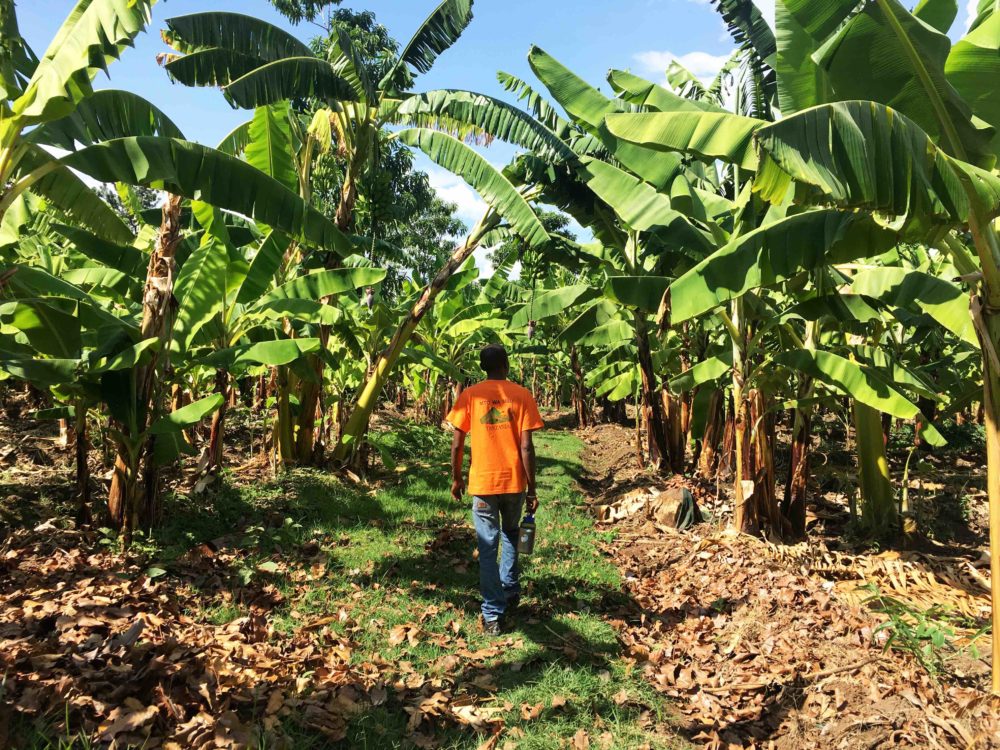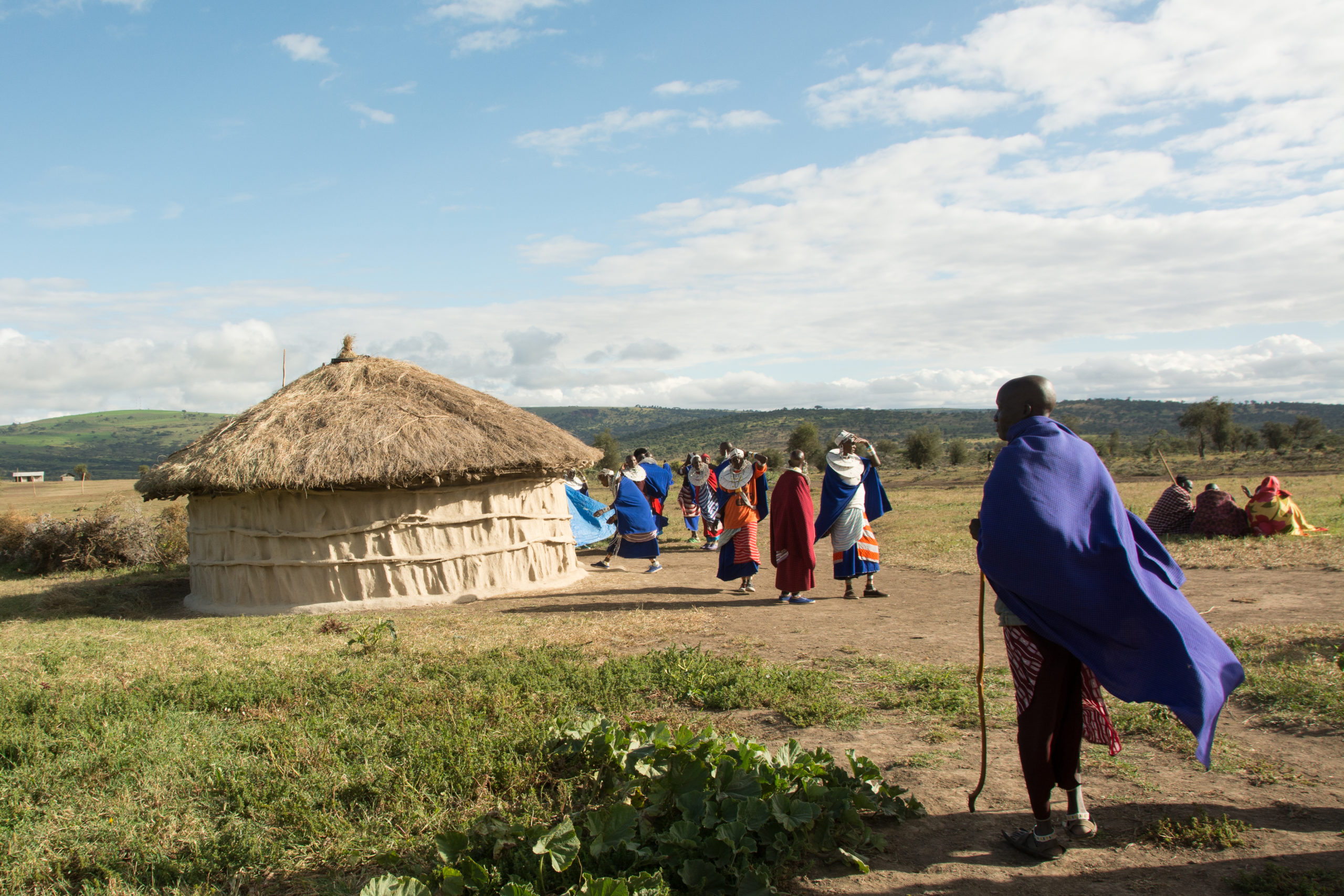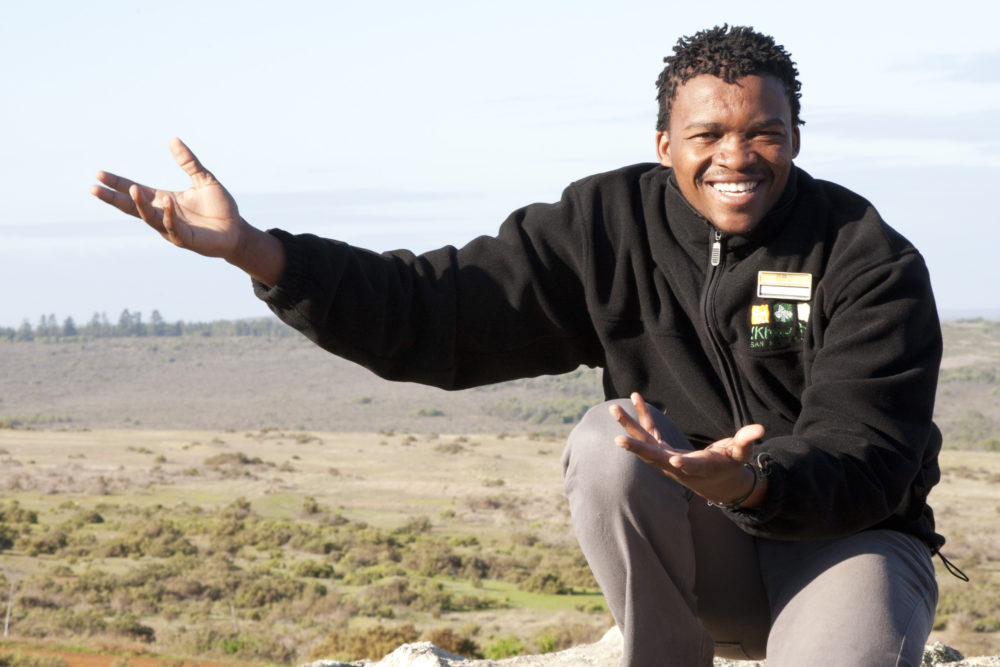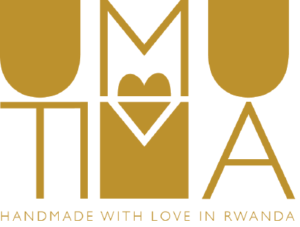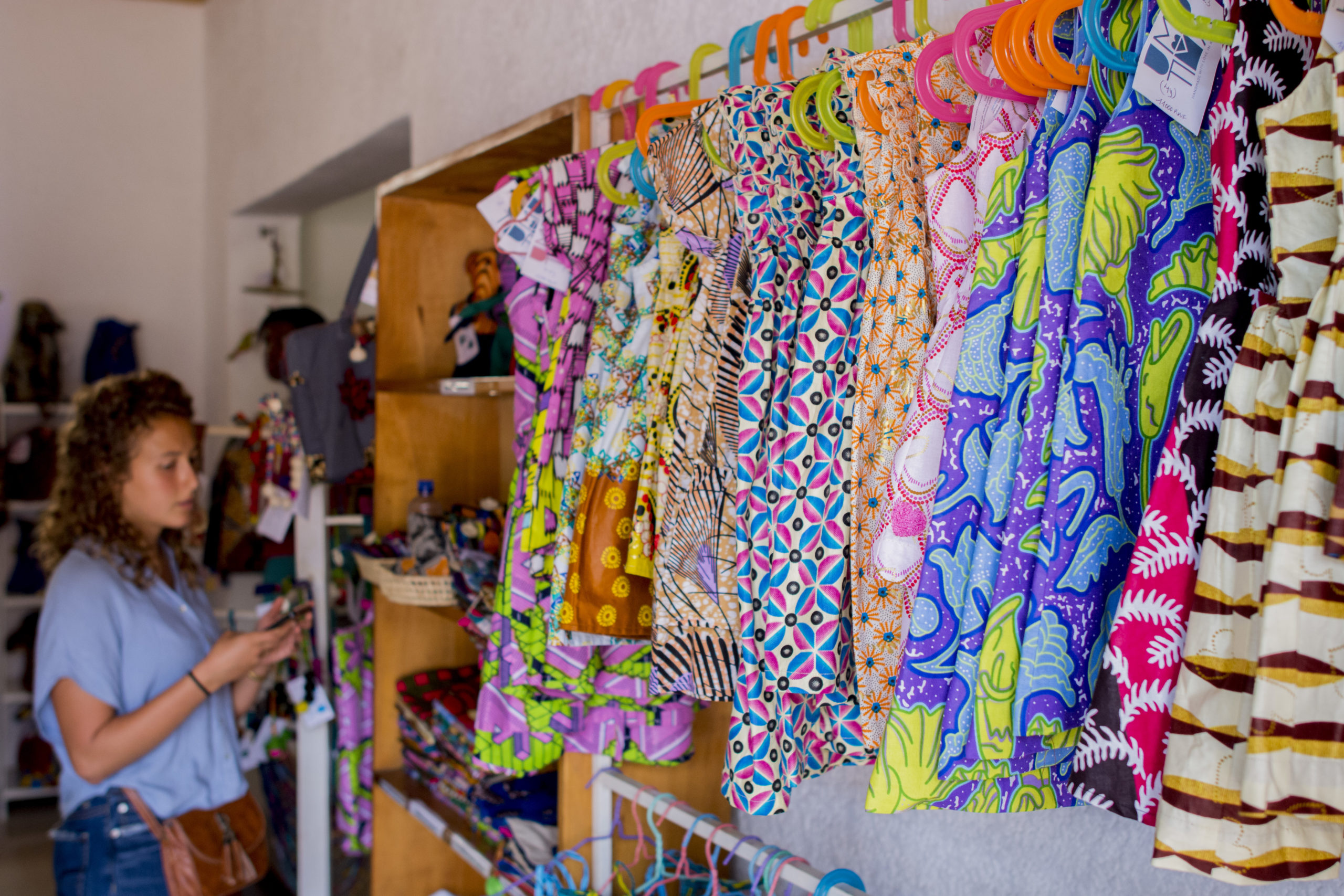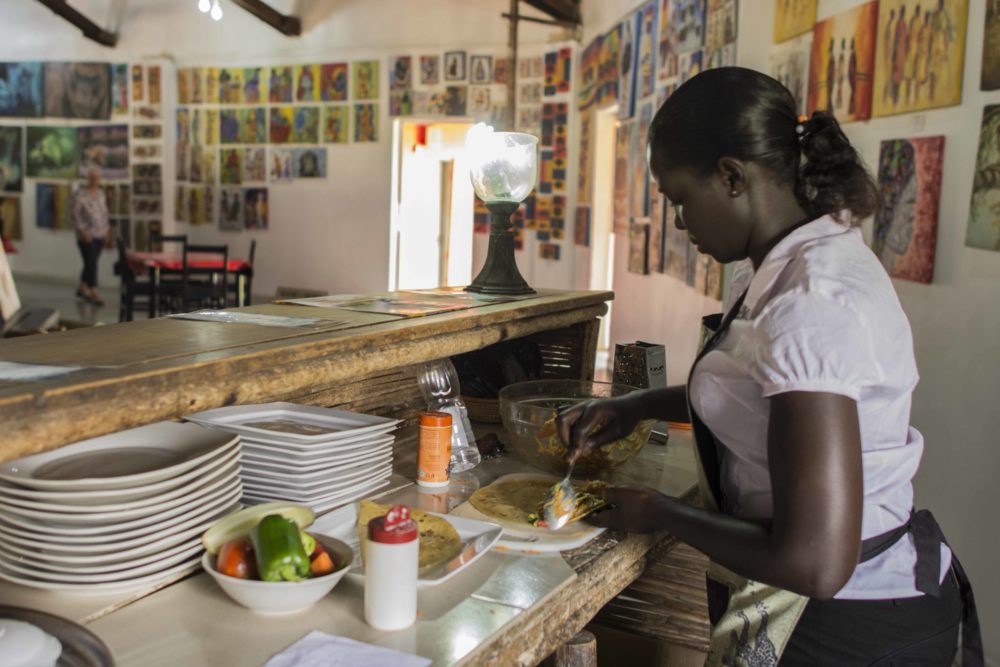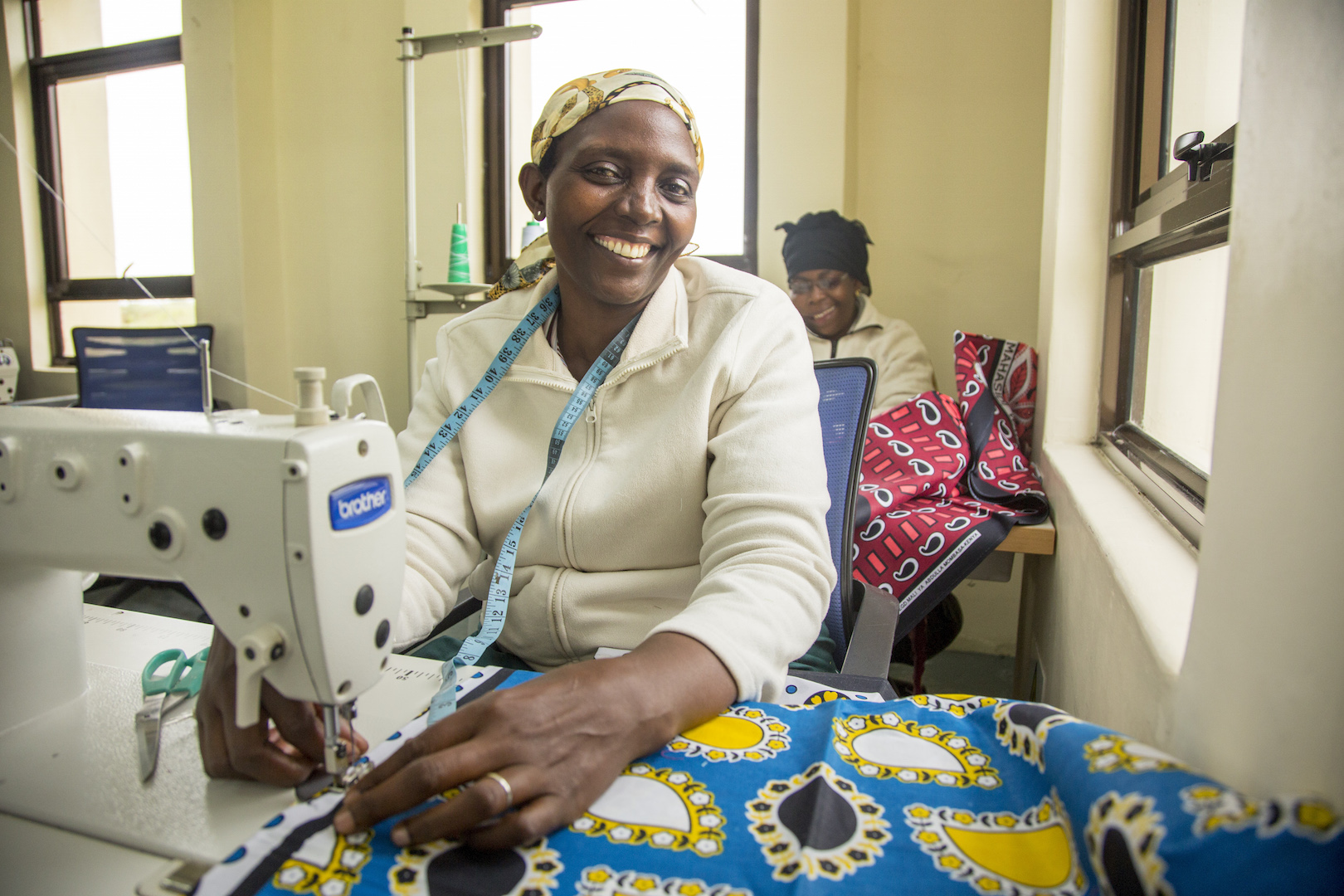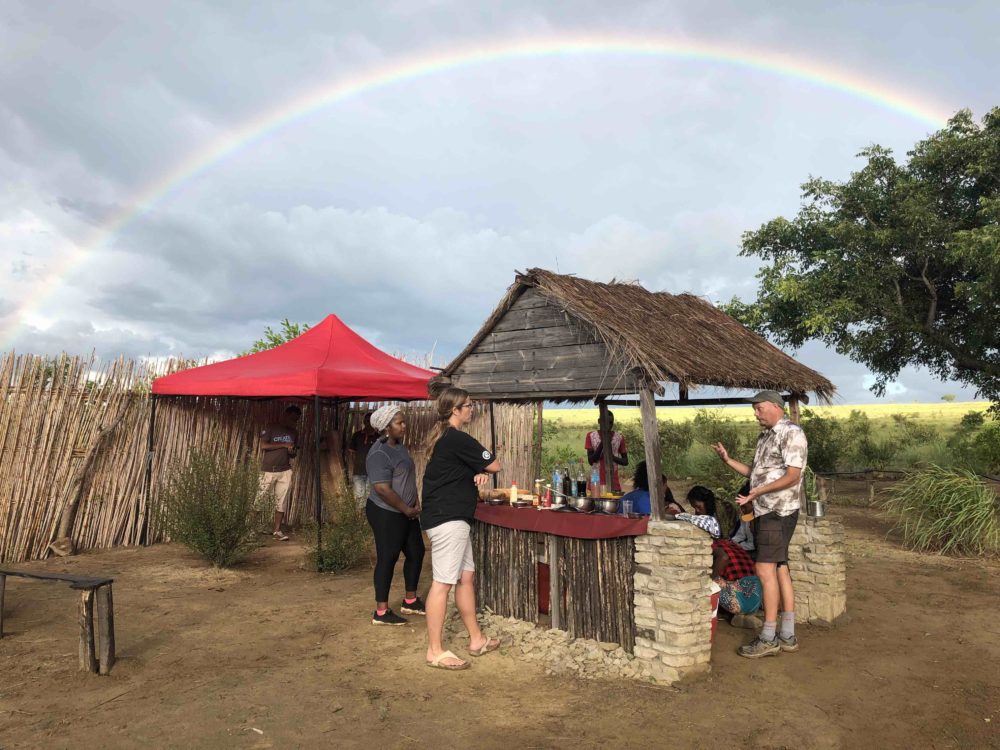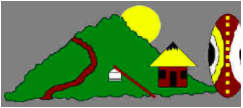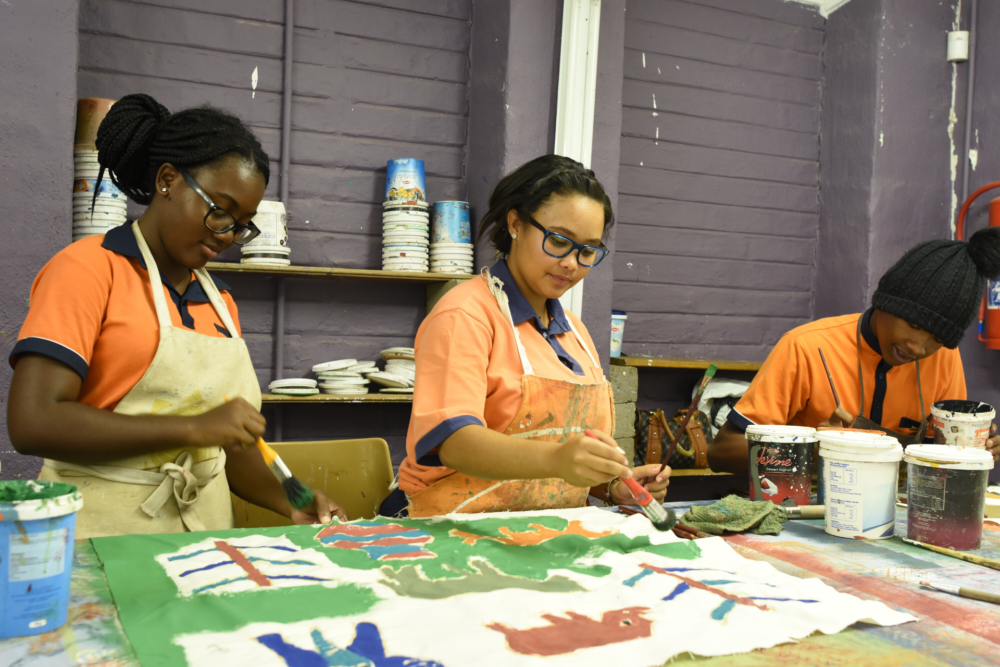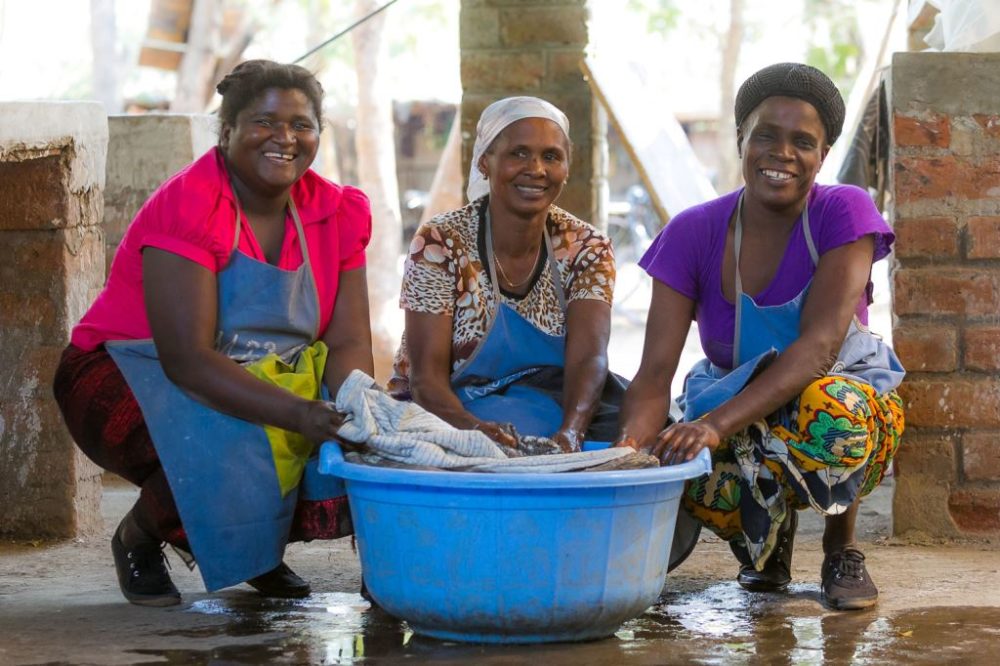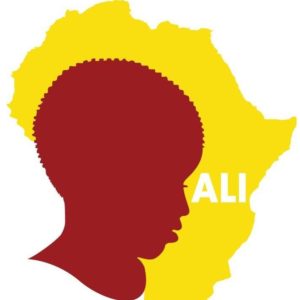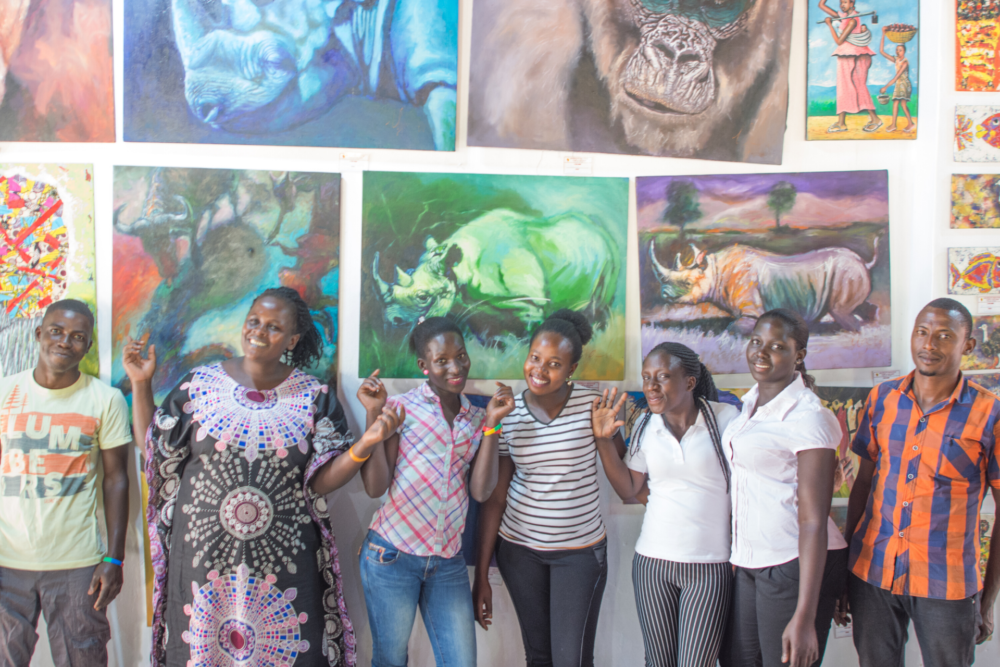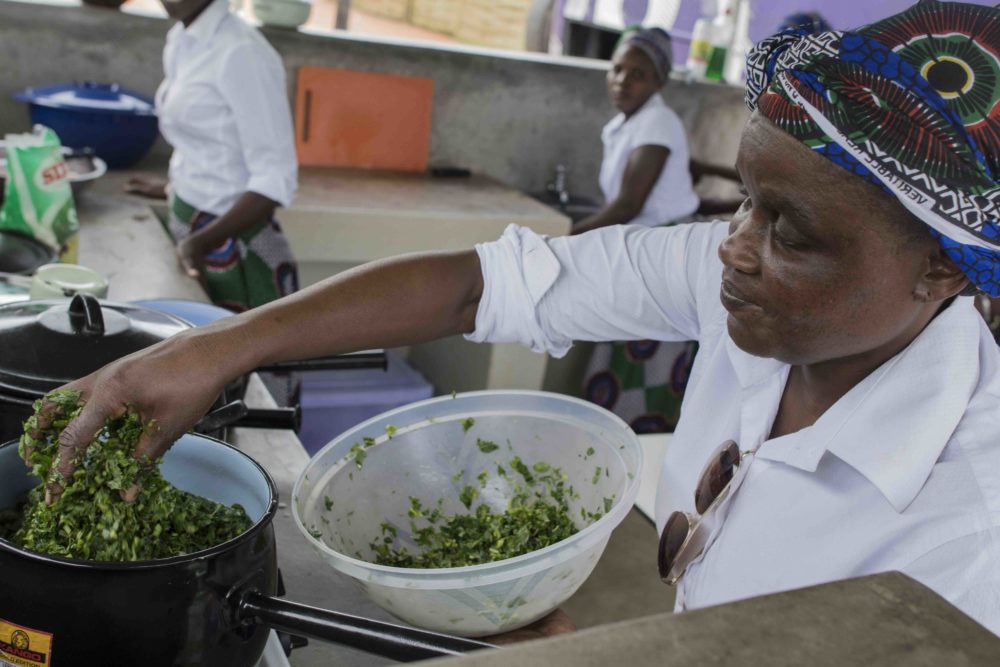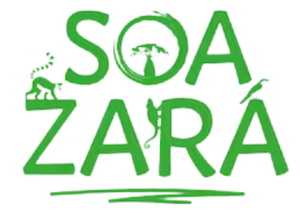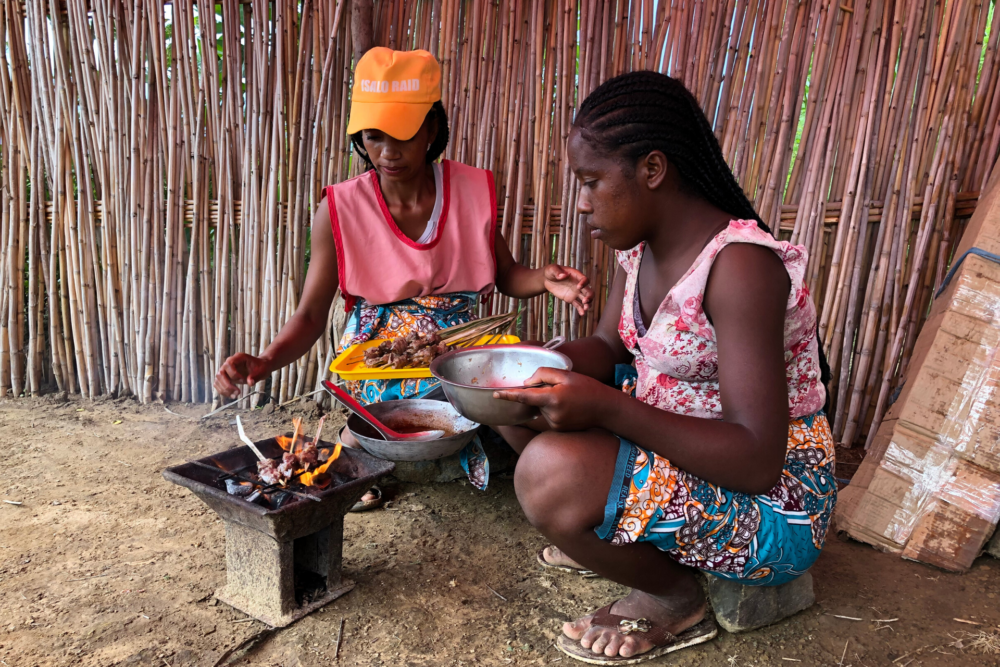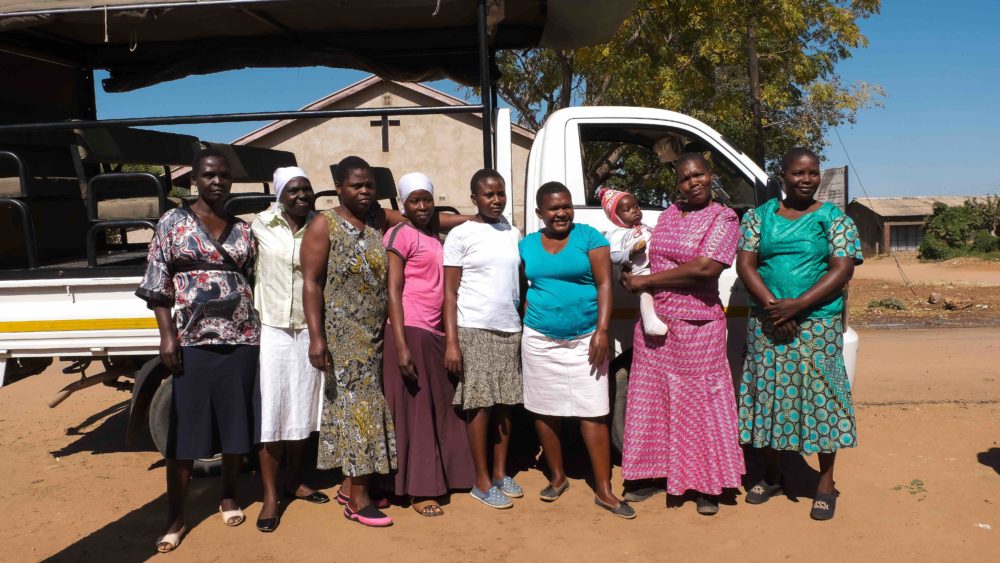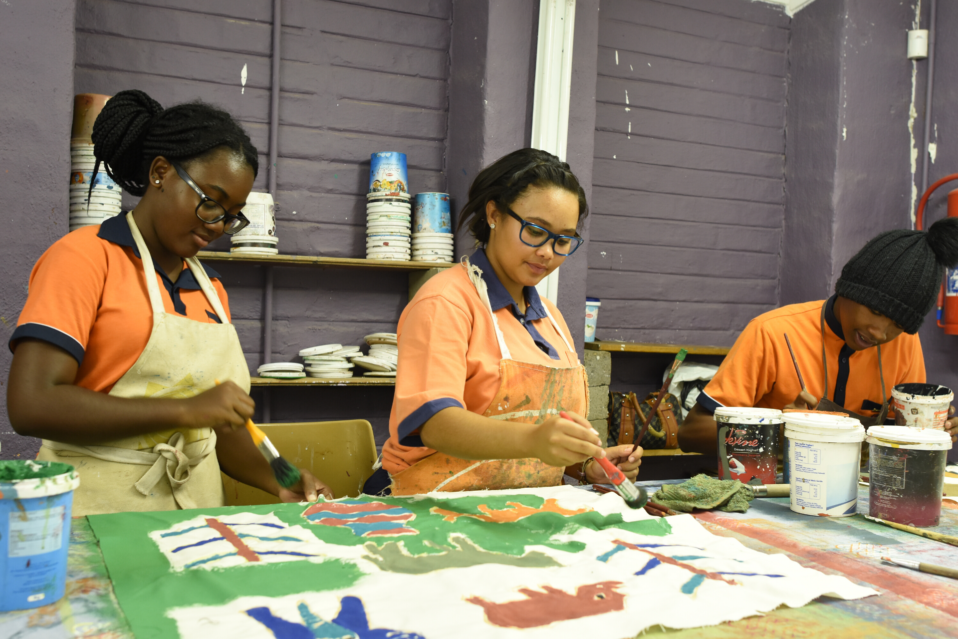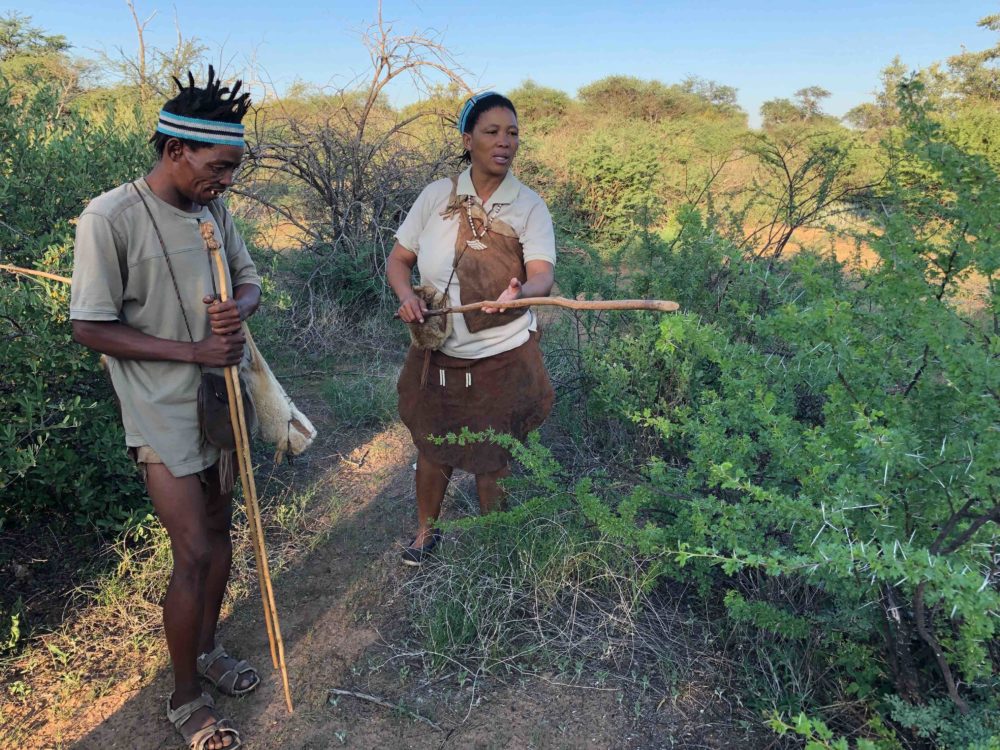Good Work Foundation
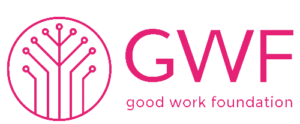
Impact
The Good Work Foundation (GWF) is a nonprofit organization that trains local youth in technology, conservation as well as Tourism and Hospitality. They provide opportunities in the tourism sector for youth in the villages bordering the Kruger National Park. Every year GWF provides free training to 25 youth and bridges them into opportunities in the hotels and lodges in the area.
Thanks to GWF, youth are gaining skills in entrepreneurship and tourism to break the cycle of poverty around the Kruger National Park by generating sources of income. Additionally, through the training provided by GWF, youth are able to access much-needed education.

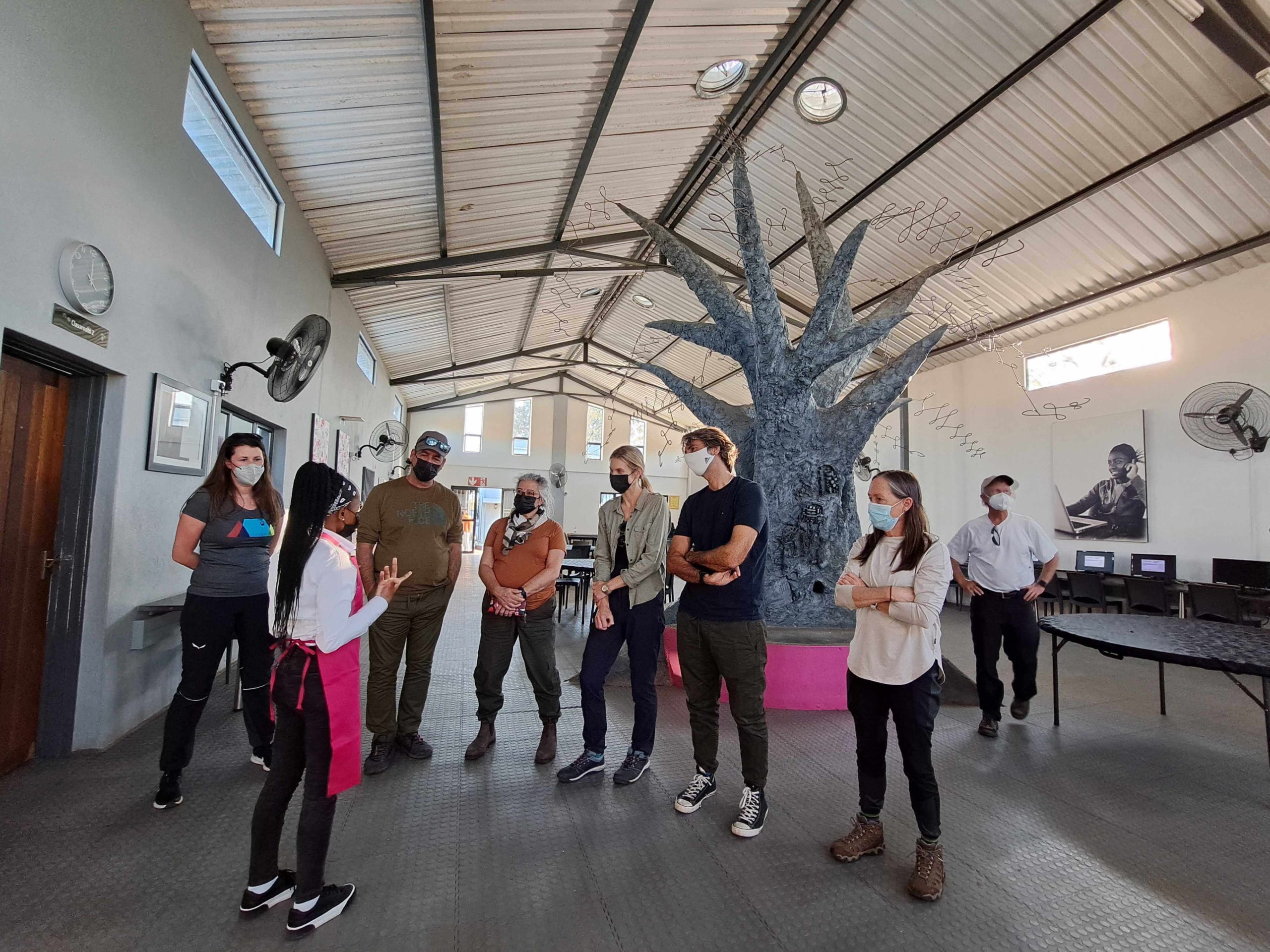
Critical Need
Youth unemployment rates in communities around Kruger National Park, one of South Africa’s most popular tourist destinations, soar above 65%. Many local people will leave their homes to search for work in other metropolitan areas such as Johannesburg and Cape Town.
The lack of opportunities for employment and investment leads to poor living quality and many women and youth are forced into low-paying menial labor and possibly illegal behavior such as wildlife poaching.
Our Involvement
Planeterra partnered with GWF and their Hospitality Academy to create an express Coffee Bar that serves hot and cold coffee and locally sourced snacks to travellers who are visiting the Kruger National Park.
The Coffee Bar supports covering tuition and is also an opportunity for youth in the program to receive practical training in barista skills as well as earnings for their work. Tourism allows GWF to reduce their dependency on grants to fund the academy, increase class sizes and train more youth.
